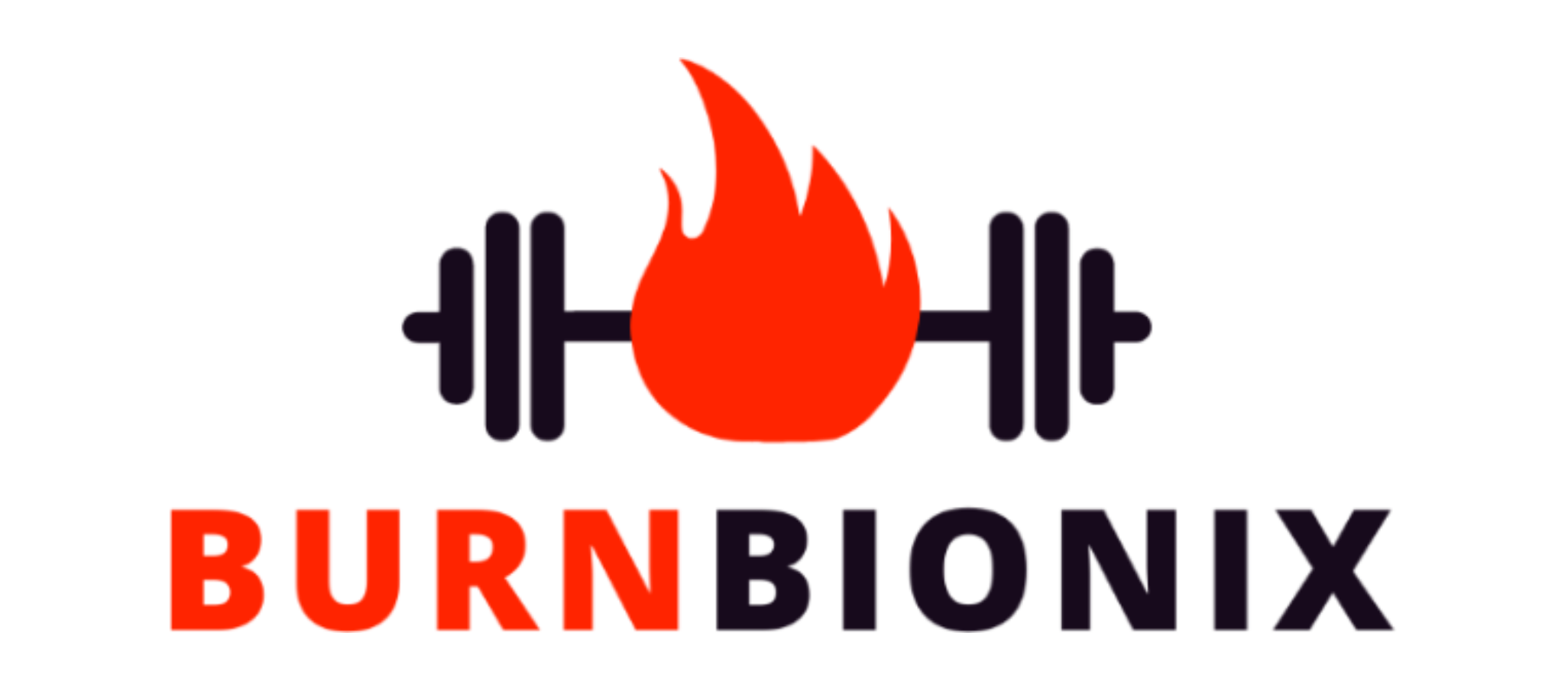You’ve likely heard about the importance of vitamin D. But do you know just how vital this nutrient is for overall health? From bone strength to immunity, vitamin D serves many crucial roles. We’ll break down why you need it, how much is enough, and the risks of having too much or too little. Read on to get the D-tails!
Why Vitamin D Matters
Alright, let’s break this down.
Bone Health: Vitamin D helps the body absorb calcium to strengthen bones and prevent fractures. No D = weak, brittle bones!
Muscle Movement: Those squats and lunges? Vitamin D ensures your muscles are up for the challenge, supporting their every move.
Nerve Function: This nutrient helps nerves communicate with the brain. Low D can lead to numbness, tingling, and coordination issues.
Immunity: Let’s face it, no one’s got time for a cold. Vitamin D boosts our immune system, so we’re ready for whatever comes our way.
Factors Influencing Your Vitamin D Needs
Dietary Sources: Sure, foods like salmon and eggs give us a vitamin D boost. But relying solely on diet? That’s a tall order. Most of us need a bit more than what’s on our plate.
Sunlight Exposure: Ah, the sun – nature’s vitamin D factory. Spend time outdoors, and your skin starts cooking up its own supply. But remember, too much tan isn’t always a win.
Age and Life Stages: As we age, our skin becomes less efficient at producing D from sunlight. Seniors often need supplements. Babies and growing kids need D for development.
Special Populations: Folks with certain conditions need extra D. This includes people with digestive issues, kidney disease, obesity and more. Postmenopausal women and long-term steroid users are also at risk for low D.
Recommended Dosages: How Much Should You Take?
Infants (0-12 months): Babies need 400 IU of vitamin D per day for skeletal development and growth.
General Population (1-70 years): The Recommended Dietary Allowance is 600 IU daily for most healthy people aged 1-70 years old. This is sufficient to meet needs and prevent deficiency.
Seniors (70+ years): The recommended dosage increases to 800 IU per day for adults over 70. This higher amount compensates for the elderly’s reduced ability to produce vitamin D from sunlight.
Special Considerations: Individuals with severe deficiencies may temporarily take high dose D under medical supervision to restore healthy levels. Those with conditions impacting nutrient absorption or kidney/liver function may also require higher intakes tailored to their needs. Consult your healthcare provider.
The Risks of Overdoing It
Symptoms of Toxicity: High vitamin D intake can cause nausea, vomiting, loss of appetite, constipation, confusion and arrhythmias from elevated calcium. Toxicity is uncommon but hazardous.
Bone Density Concerns: Despite claims, megadoses of D may not improve bone strength. Some studies link very high intakes with increased fracture rates.
Overall Mortality Impact: While vitamin D offers benefits, research shows mega-supplements provide no additional boost in lifespan or disease risk reduction for healthy individuals. Don’t overdo it.
The Importance of Medical Guidance
It’s crucial to involve your healthcare provider to determine the right vitamin D dosage for you. Blood level testing lets you know if your current intake is insufficient, adequate or excessive. Your doctor can then tailor the proper daily dosage and form of D based on your individual status. They will monitor your levels ongoing to ensure you stay within the ideal range – not too high and not too low. Don’t megadose without medical supervision.
Final Thoughts
The takeaway here is that vitamin D is super important, but more isn’t necessarily better. Factors like sun exposure, age and health conditions impact how much we need. Work with your doc to get tested and find your personal ideal dosage. Stay in the sweet spot – not deficient but not excessive! With the right amount of D tailored to you, you’ll be on your way to better health.









